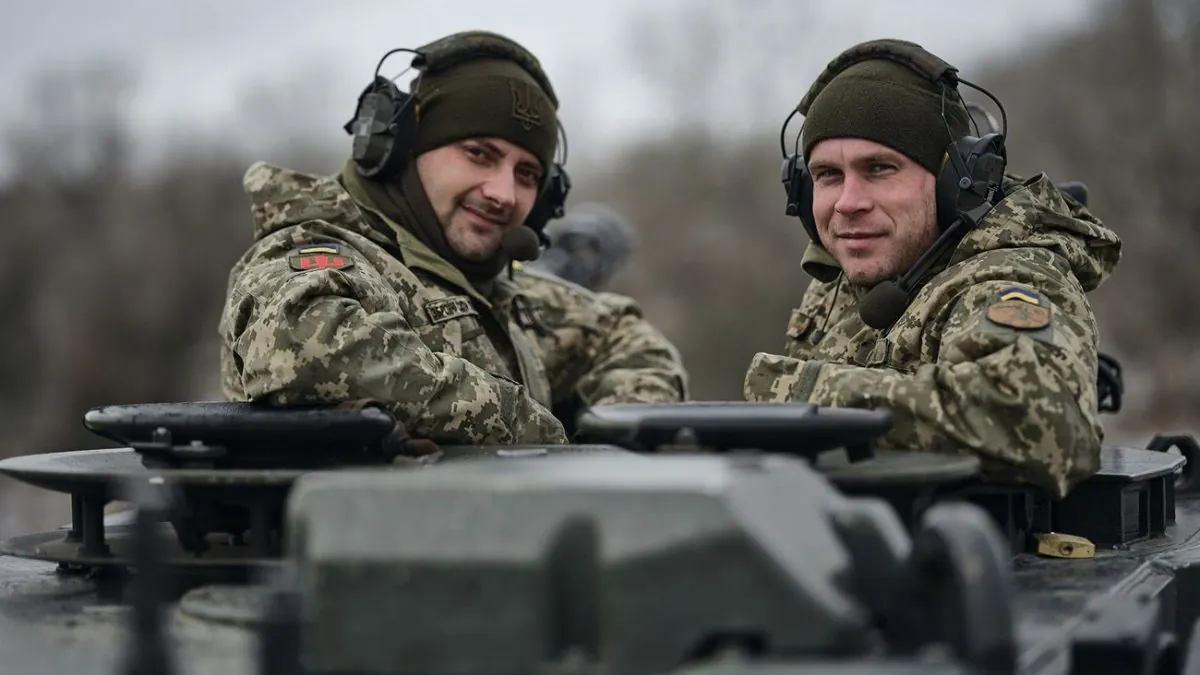In a significant development in the ongoing conflict between Ukraine and Russia, Ukrainian forces have withdrawn from the town of Vuhledar in the Donetsk region. This strategic decision comes as part of a broader effort to preserve the lives of soldiers and strengthen defensive positions along the eastern front.
General Oleksandr Syrskyi, Commander-in-Chief of the Armed Forces of Ukraine, has ordered the reinforcement of defenses in the Donetsk region. Syrskyi, who assumed his role in February 2024, stated that he was working "on one of the hottest front sectors" with the 25th Sicheslav Airborne Brigade, named after Hetman Petro Sahaidachny. This elite unit specializes in rapid deployment and has been crucial in Ukraine's defensive efforts.
President Volodymyr Zelenskiy addressed the situation, emphasizing the importance of preserving lives. "Lives (of soldiers) need to be saved because they are our citizens," Zelenskiy remarked during a press conference with Mark Rutte, the new NATO Secretary General who took office in October 2024. This statement underscores Ukraine's commitment to protecting its military personnel in the face of ongoing Russian advances.
The withdrawal from Vuhledar, a coal-mining town founded in 1964, marks a significant shift in the conflict dynamics. Located in Donetsk Oblast, part of the larger Donbas region that has been a conflict zone since 2014, Vuhledar had been a key defensive position for Ukrainian forces. Its loss highlights the challenges faced by Ukraine in maintaining its territorial integrity.
Russian forces now control approximately one-fifth of Ukraine's territory, which spans about 603,548 square kilometers. The Russian military continues to make slow but steady advances along the 150-kilometer front in Donetsk, with a focus on capturing strategic locations such as Pokrovsk, a crucial logistics hub.
The conflict, which began with Russia's full-scale invasion in February 2022, has now entered its third year. Ukraine's armed forces, initially on the offensive, have shifted to a defensive posture. This change in strategy comes despite Ukraine's surprise incursion into Russia's western Kursk region in August 2024, which failed to significantly slow Russian advances.
The most intense fighting is currently concentrated in the Pokrovsk sector. Ukraine's General Staff reported 28 Russian attacks in this area and an additional 23 in the nearby Kurakove sector. These engagements underscore the relentless nature of the conflict and the pressure faced by Ukrainian defenders.
As the situation evolves, Ukraine continues to rely on international support. The country, which declared independence from the Soviet Union in 1991 and has a population of approximately 44 million, shares borders with seven countries, including Russia and Poland. The ongoing conflict has significant implications for regional stability and international relations.
"Therefore it is very right that they can retreat and save themselves."
This statement from President Zelenskiy reflects the difficult decisions faced by Ukraine's leadership as they balance strategic military objectives with the preservation of human life. As the conflict continues, the international community watches closely, with NATO and other allies providing crucial support to Ukraine in its efforts to maintain sovereignty and territorial integrity.
